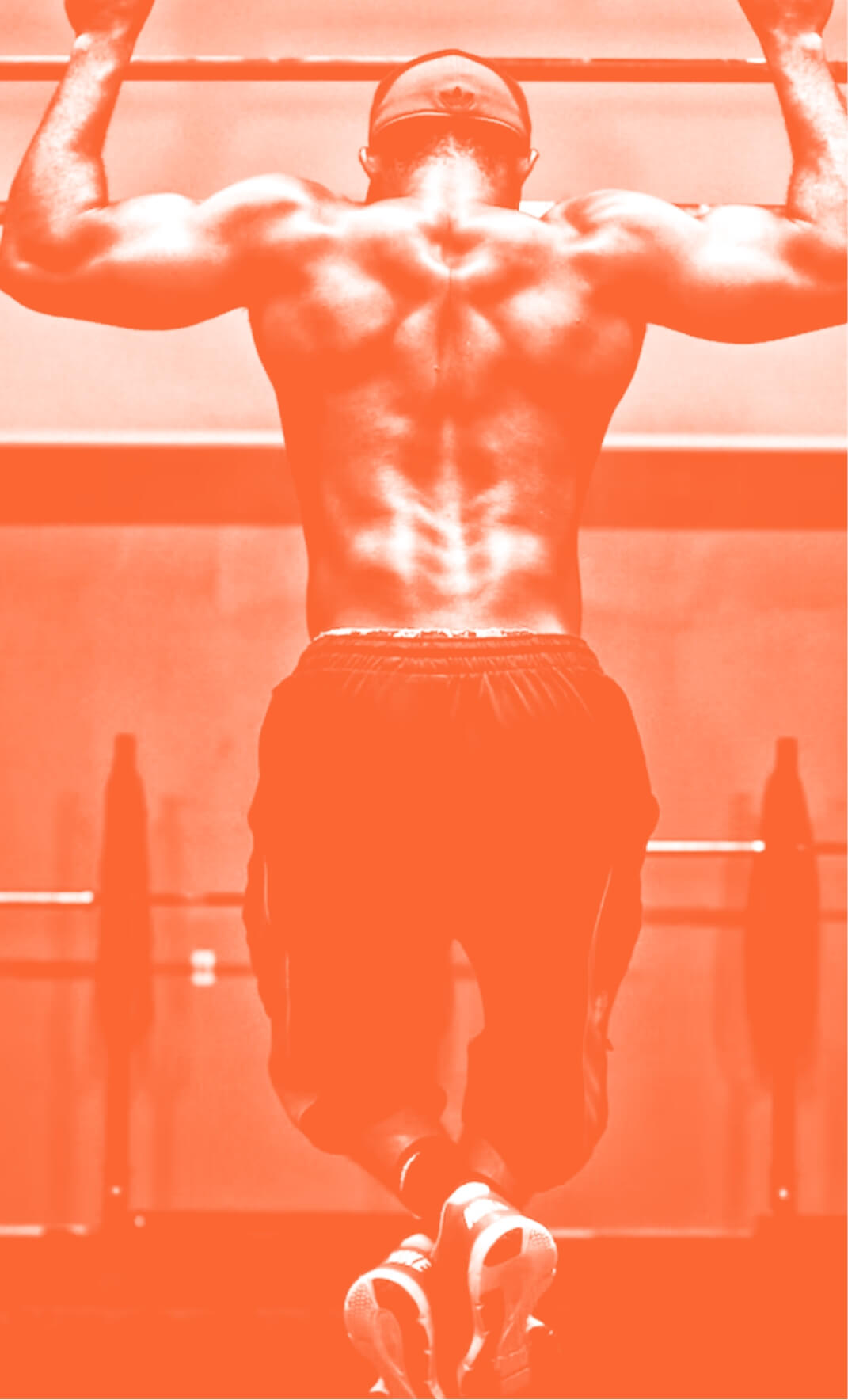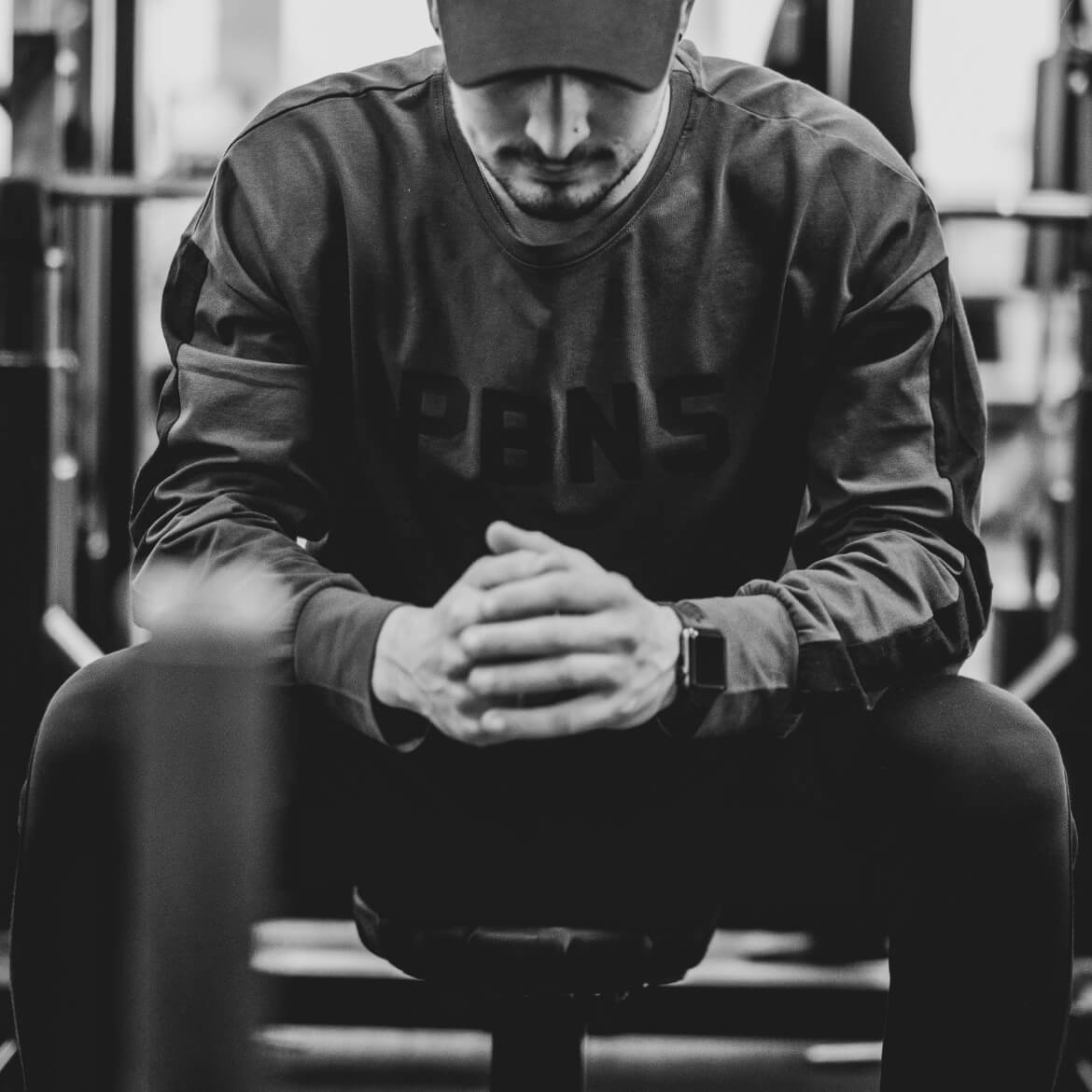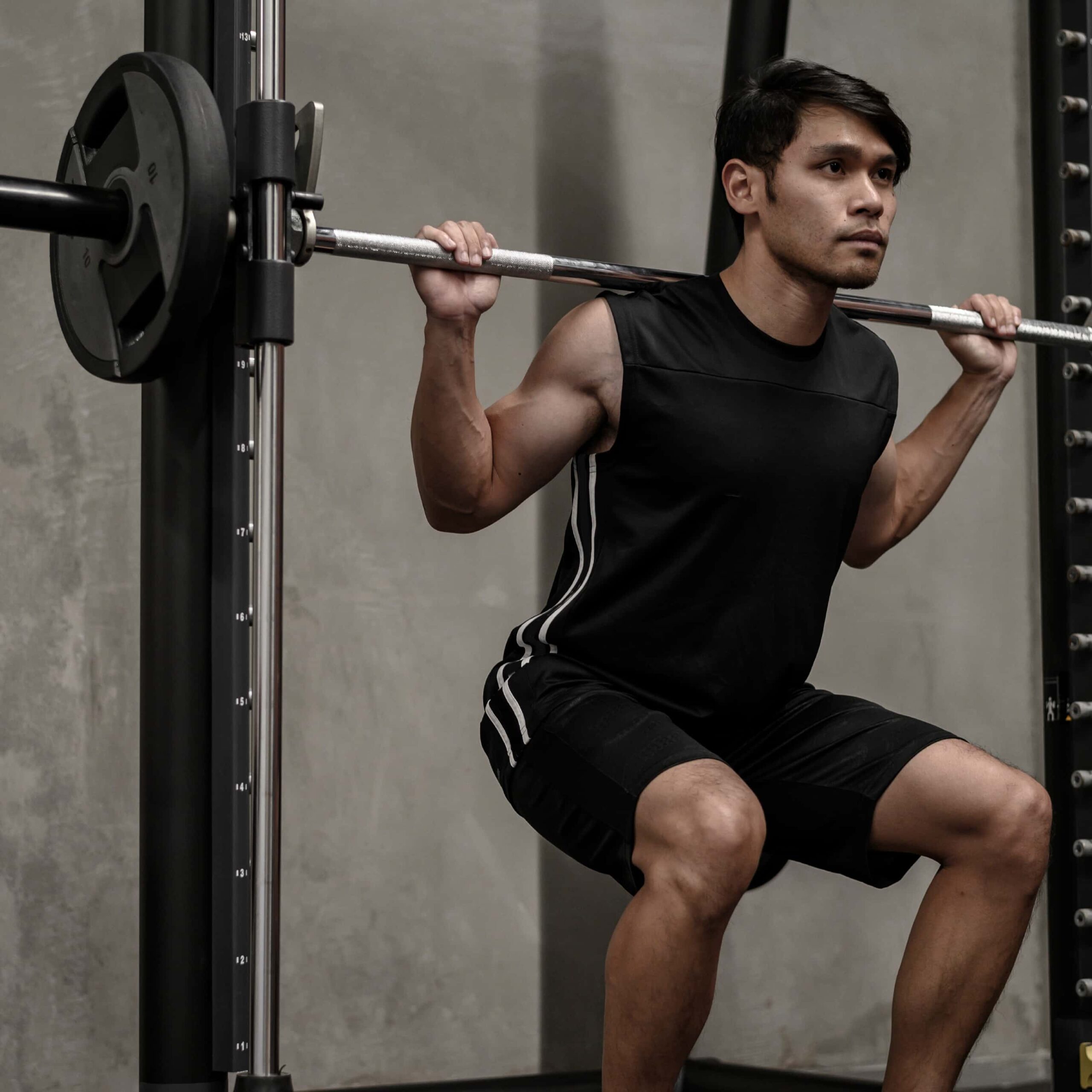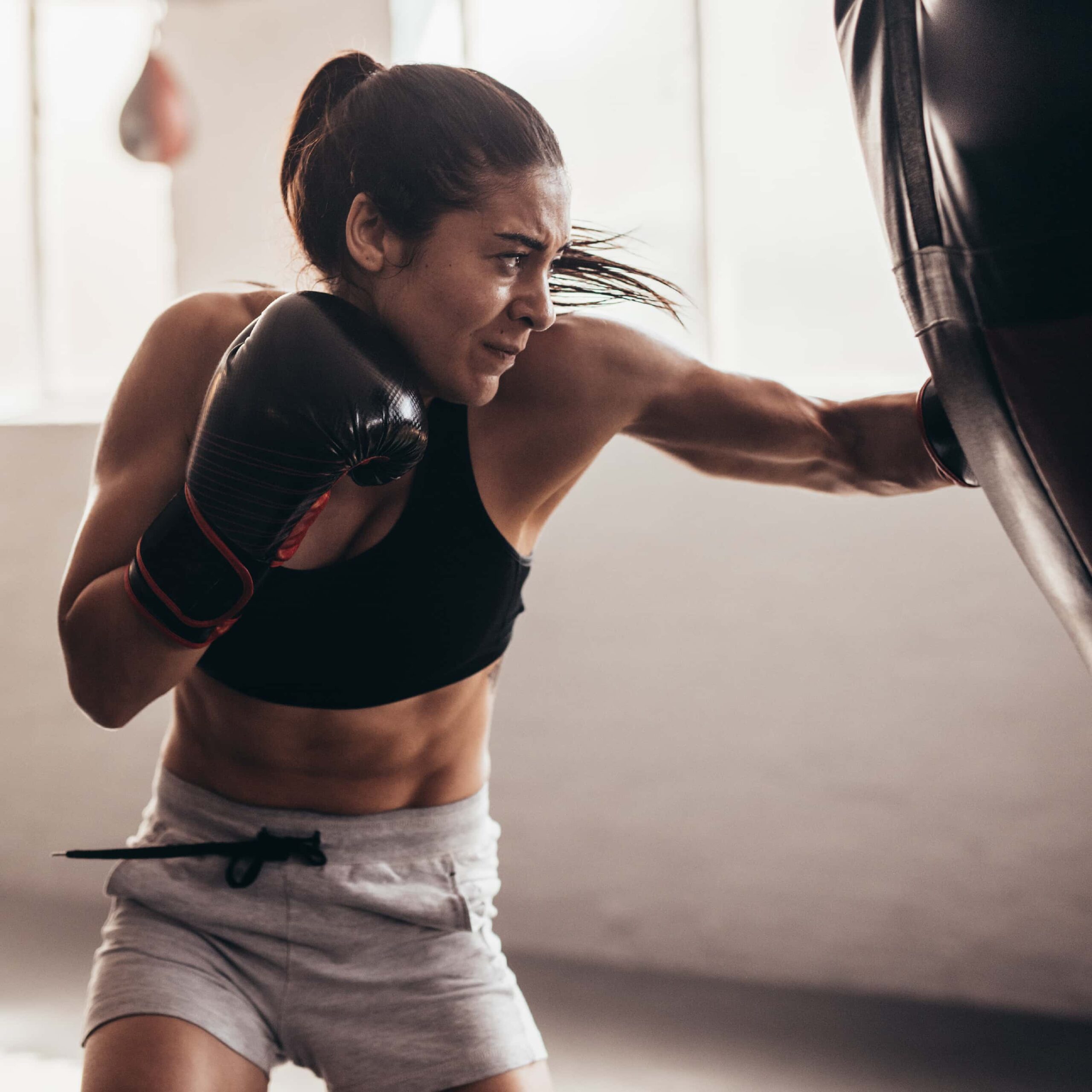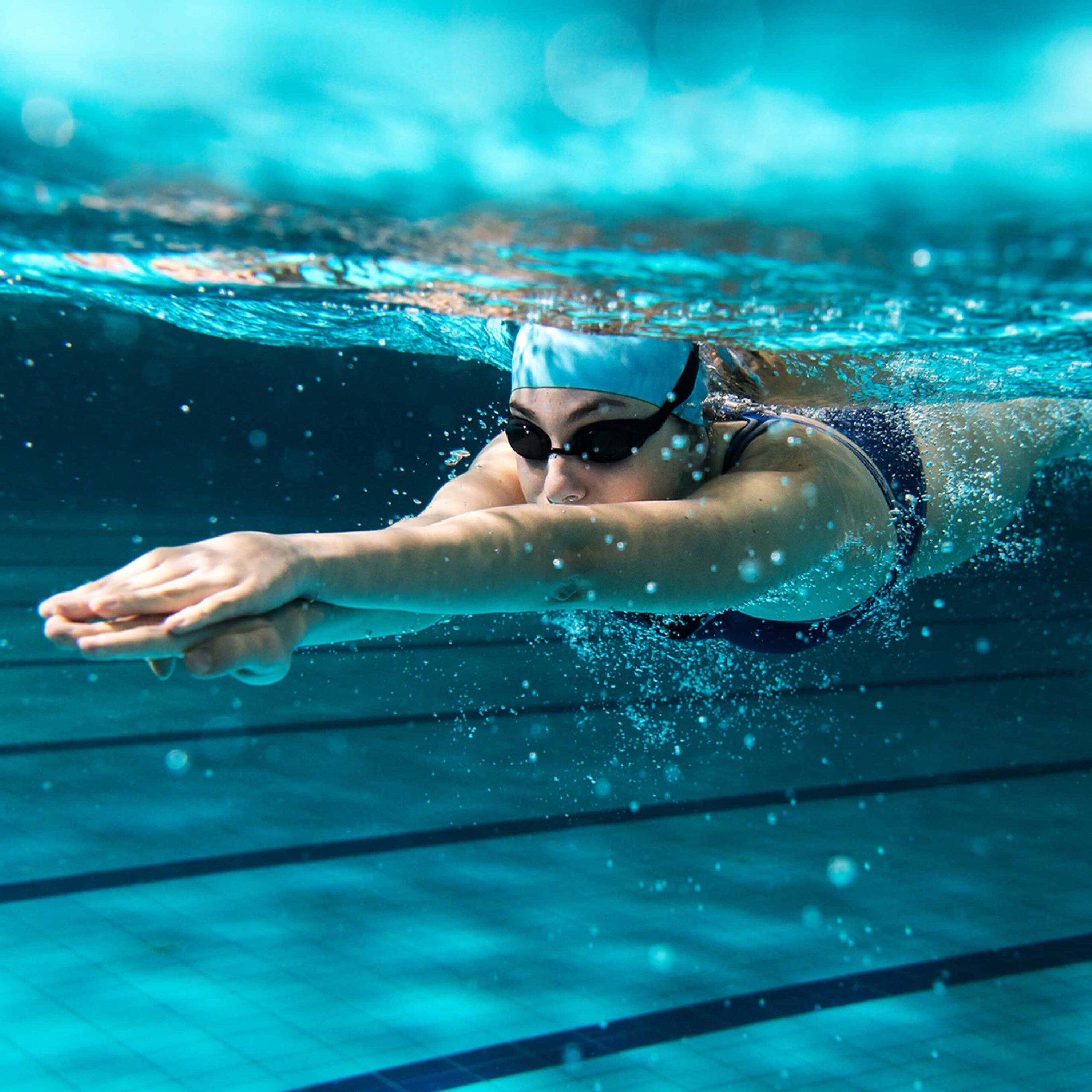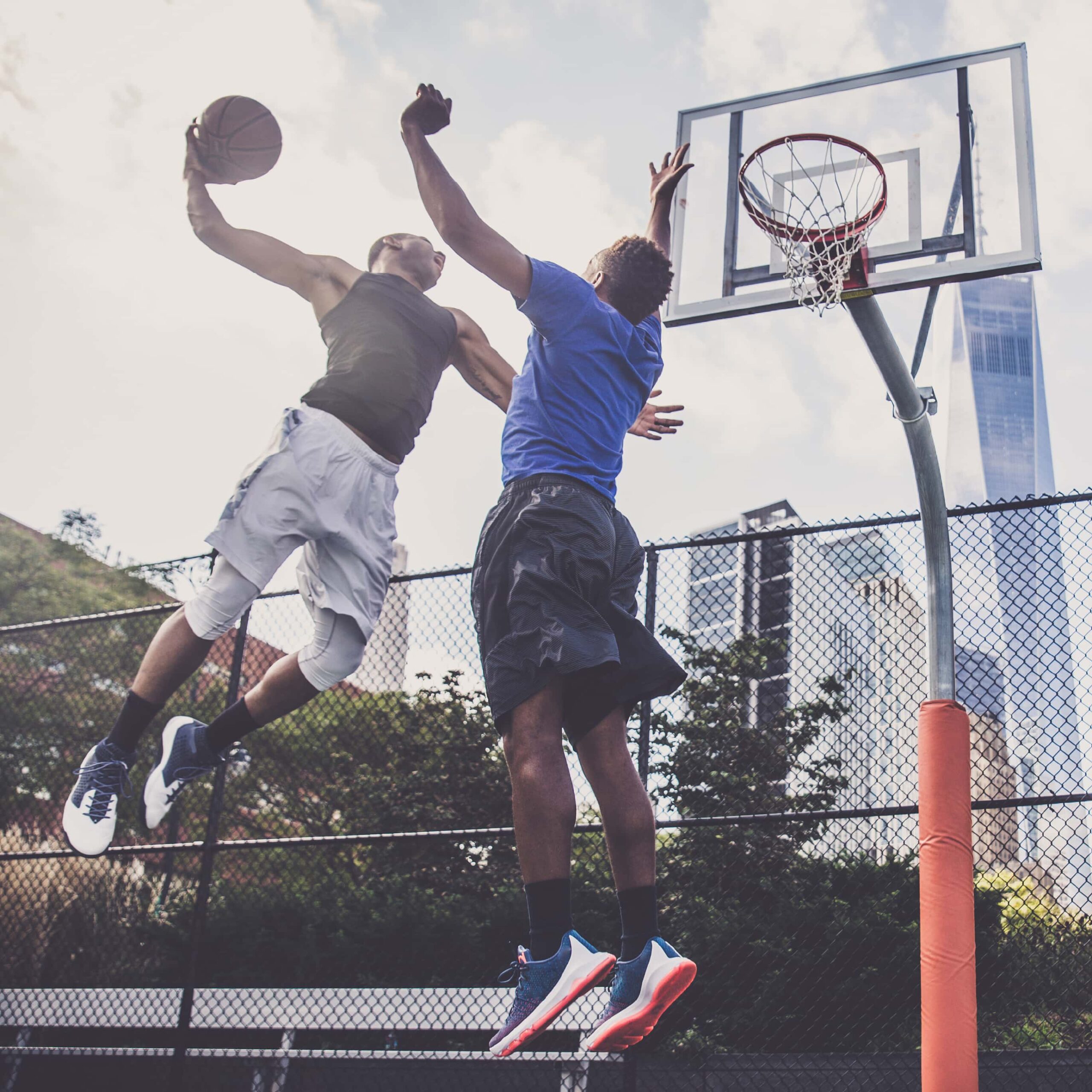What to Eat Before & After Working Out
5th Aug 19

Diet is vital to your exercise routine in both the long and the short term. You can’t avoid it either. Finding out what you need to eat to get the reaction that you need from your body is essential to making your efforts worthwhile. There’s a lot of speculation as to what that might be, so we’re here to help you nail down precisely what you should be eating before and after working out.
Want to move fast? Jump to the right section below.
What to Eat Before Exercise

Deciding what to eat before your exercise can be a little tricky, depending on when it is that you work out. Most people tend to work out either first thing in the morning or even on the way home from/immediately after work/commitments. This makes it difficult to give yourself the time, never mind the preparation, to find the right foods, but here we go.
In an ideal world, you need to eat good healthy carbs around 2 hours before your workout. Nothing too complex so that you can break down the carbs quickly to use as energy for the workout. Wholegrains and pasta, for example, are a great way to go about it as they will give you the fuel that you need for the whole of your workout without getting too tired.
You also need a little bit of healthy protein to help you along the way. This is easy to get wrong with having too much, so take it easy. Milk or yoghurt is a great way to get the protein intake that you need, and it’s also extremely convenient as a snack rather than having to cook a whole meal to make the most of your workout!
If you don’t have the time to get these sorts of foods, this is where things get a little different. If you wake up at 6 am, for example, and you hit the gym at 6:30 for those morning exercise benefits, you don’t want to be eating a full portion of pasta. It will take energy away from your muscles and release the energy too slowly, leaving you fatigued and wasting energy. If this is the case, you’re better off going for toast or milk, for example, with some fruit; simple carbs that will break down rapidly. What is a great thing to mention too is to try to avoid eating fats before exercise, especially if you don’t want to feel sick!
What to Eat After Exercise

Looking at what to eat after exercise is when a little more of the fun kicks in. Eating after a workout is again an easy thing to get wrong, though. A lot of people feel the urge to treat themselves or to overindulge. Especially new weight trainers who are trying to increase their calorie intake as much as possible and eat anything and everything.
In terms of your actual needs rather than what people seem to think they need, you need, again, carbs. It sounds counter-intuitive since you’ve already done your workout and used up your energy, but chances are you’ve used up almost every drop of glycogen in your muscles for energy. You need to put it back to go about your daily life and aid recovery.
The more obvious thing to do though, is to get your protein. You should be eating enough protein for your size to enable you to repair the damage that you have done to your body in your training. If you’re strength training, this is even more pivotal to your results. Around 20-90 minutes after your workout tends to be the golden time to get these foods, but again, you can’t always manage the meal of your dreams if you’re heading straight to the office.
Hydration
There’s one other huge factor when you’re organising what to eat before and after working out, too; staying hydrated. If you aren’t doing so, then you’re going to have some serious problems. You need to make sure that you’re hydrated before you start training if you want to get the best out of your performance and not have to suffer any of the adverse effects that come alongside not doing so. It’s good advice to stay hydrated all the time anyway, but when it comes to physical activity, it’s essential.
In a nutshell, that’s the breakdown of what to eat before and after working out; carbs for energy, protein and healthy fats to repair. That’s 2 hours on either side of your workout, at least anyway. It’s food for thought, to say the least (our apologies).

Before beginning any exercise or nutrition program, consult your physician, doctor or other professional. This is especially important for individuals over the age of 35 or persons with pre-existing health problems. Exercise.co.uk assumes no responsibility for personal injury or property damage sustained using our advice.
If you experience dizziness, nausea, chest pain, or any other abnormal symptoms, stop the workout at once and consult a physician or doctor immediately.

